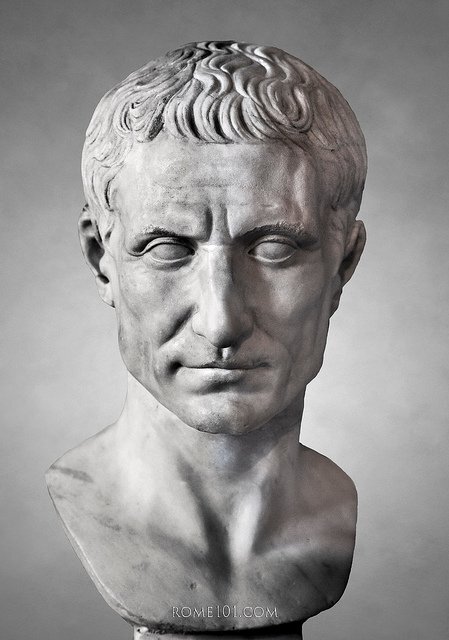
This complete edition of Caesar's Commentaries contains all eight of Caesar's books on the Gallic War as well as all three of his books on the Civil War masterfully translated into English by W. A. MacDevitt. Caesar's Commentaries are an outstanding account of extraordinary events by one of the most exceptional men in the history of the world. Julius Caesar himself was one of the most eminent writers of the age in which he lived. His commentaries on the Gallic and Civil Wars are written with a purity, precision, and perspicuity, which command approbation. They are elegant without affectation, and beautiful without ornament. Of the two books which he composed on Analogy, and those under the title of Anti-Cato, scarcely any fragment is preserved; but we may be assured of the justness of the observations on language, which were made by an author so much distinguished by the excellence of his own compositions. His poem entitled The Journey, which was probably an entertaining narrative, is likewise totally lost. All of Caesar's works that remain intact are contained in this edition of his commentaries. It is to the honor of Caesar, that when he had obtained the supreme power, he exercised it with a degree of moderation beyond what was generally expected by those who had fought on the side of the Republic. His time was almost entirely occupied with public affairs, in the management of which, though he employed many agents, he appears to have had none in the character of actual minister. Caesar deprecated a lingering death, and wished that his own might be sudden and speedy. And the day before he died, the conversation at supper, in the house of Marcus Lepidus, turning upon what was the most eligible way of dying, he gave his opinion in favor of a death that is sudden and unexpected. He died in the fifty-sixth year of his age, and was ranked amongst the Gods.
Author

Gaius Julius Caesar, known as Julius Caesar, was a Roman politician, general, and notable author of Latin prose. He played a critical role in the events that led to the demise of the Roman Republic and the rise of the Roman Empire. In 60 BC, Caesar, Crassus, and Pompey formed a political alliance that dominated Roman politics for several years. Their attempts to amass power as Populares were opposed by the Optimates within the Roman Senate, among them Cato the Younger with the frequent support of Cicero. Caesar's victories in the Gallic Wars, completed by 51 BC, extended Rome's territory to the English Channel and the Rhine. Caesar became the first Roman general to cross both the Channel and the Rhine, when he built a bridge across the Rhine and crossed the Channel to invade Britain. These achievements granted him unmatched military power and threatened to eclipse the standing of Pompey, who had realigned himself with the Senate after the death of Crassus in 53 BC. With the Gallic Wars concluded, the Senate ordered Caesar to step down from his military command and return to Rome. Caesar refused the order, and instead marked his defiancé in 49 BC by crossing the Rubicon with the 13th Legion, leaving his province and illegally entering Roman Italy under arms.[3] Civil war resulted, and Caesar's victory in the war put him in an unrivalled position of power and influence. After assuming control of government, Caesar began a programme of social and governmental reforms, including the creation of the Julian calendar. He centralised the bureaucracy of the Republic and was eventually proclaimed "dictator in perpetuity", giving him additional authority. But the underlying political conflicts had not been resolved, and on the Ides of March (15 March) 44 BC, Caesar was assassinated by a group of rebellious senators led by Marcus Junius Brutus. A new series of civil wars broke out, and the constitutional government of the Republic was never fully restored. Caesar's adopted heir Octavian, later known as Augustus, rose to sole power after defeating his opponents in the civil war. Octavian set about solidifying his power, and the era of the Roman Empire began. Much of Caesar's life is known from his own accounts of his military campaigns, and from other contemporary sources, mainly the letters and speeches of Cicero and the historical writings of Sallust. The later biographies of Caesar by Suetonius and Plutarch are also major sources. Caesar is considered by many historians to be one of the greatest military commanders in history. During his lifetime, Caesar was regarded as one of the best orators and prose authors in Latin—even Cicero spoke highly of Caesar's rhetoric and style. Only Caesar's war commentaries have survived. A few sentences from other works are quoted by other authors. Among his lost works are his funeral oration for his paternal aunt Julia and his Anticato, a document written to defame Cato in response to Cicero's published praise. Poems by Julius Caesar are also mentioned in ancient sources.